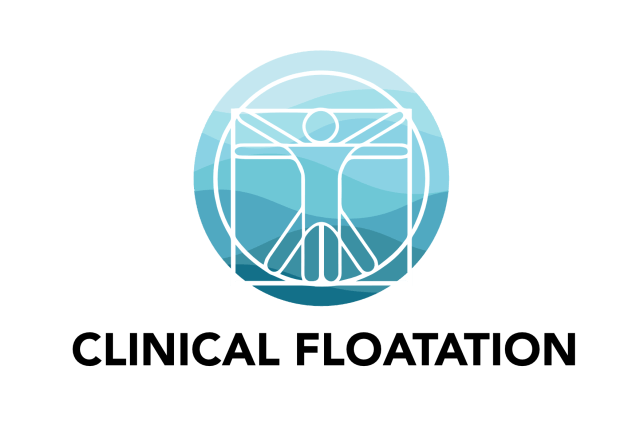How can floating help me?
Benefits for the Body and Mind
Explore the Research
Body and Mind
Floating for your Body
Floating for your Body
Benefits of Floating…
Your body is supported in a weightless state with no pressure points so you don’t feel, see or hear anything.
Sukhino Float Center:
Floating has many benefits, ranging from relaxation to targeting common health issues to an overall sense of wellbeing. As you float, your body will be fully supported, alleviating any pressure points. For those with chronic pain, it can be a life changer.
Float Seattle:
Floating is an incredible tool for physical recovery. An hour in this environment does wonders for your body and your central nervous system, and the Epsom salt itself is also a natural anti-inflammatory. Without the persistent force of gravity pulling you down, chronic and acute pain is relieved, and your muscles get to fully rest. Unlike lying on a mattress, lying in water allows blood to flow freely all throughout your body, improving overall circulation. After an hour of weightlessness, your joints and muscles will thank you! While enjoying this well-deserved break, your body suddenly has loads of extra resources (usually spent supporting your weight, regulating temperature, and running from bears and tigers), which it gets to focus on things like healing and resting.
Flux presented one of the best talks at the 2018 Float Conference about how floating impacts our immune system. He recently summarized it in cartoon form, and you can see the full presentation below:
Floating for your Mind
Floating for your Mind
Benefits of Floating…
Your mind is relieved from the constant bombardment of sound, sight, smell, and touch that surrounds us daily.
Float House:
This unique environment allows for a minimal amount of sensory input to enter into your nervous system. This environment then has a plethora of benefits and applications for health, personal development, spirituality, and well-being.
Float Seattle:
The other key aspect of the float environment is the vast reduction of external sensory input. Once you've gotten settled and closed the door, there's no light, no sound, and the water is heated to the same temperature as your skin at 93.5 degrees (the average resting skin temperature). Pure nothingness in the best way. We live in a world where we are bombarded by sensory input. This is a unique opportunity to take a break from it all! This is meditation made easy, with no distractions and an environment that is inherently warm, buoyant, and relaxing. A perfect introduction if you've never meditated or a big help if you find yourself getting frustrated or discouraged with a seated practice. And if you have any experience with meditation at all, you’ll find floating will help you to reach and maintain deeper states of awareness with ease. Research shows that by about 40 minutes into your float your brain stops producing its normal Alpha and Beta waves and starts going deeper into a Theta and even Delta state. After years of practice, people can enter this Theta state through deep meditation. Float tanks get you there effortlessly.
Float Conference is perhaps the best annual source of updates on floating and the medical research around it. Dr. Justin Feinstein’s presentation below is an outstanding place to start:
Float Research
Champions of Float Research at the 2018 Float Conference. Left to Right: John Turner, Dr. Justin Feinstein, Tom Fine, and Ashkahn Jahromi.
Published clinical research on Floatation Therapy or REST (Reduced Environmental Stimulation Therapy) dates back to 1960. The most advanced medical float laboratory in the world today is at LIBR (Laureate Institute for Brain Research) in Tulsa, Oklahoma with research being lead by Dr. Justin Feinstein. Dr. Feinstein and his team have created Clinical Floatation; a website devoted to research exploring the clinical benefits of floating.




